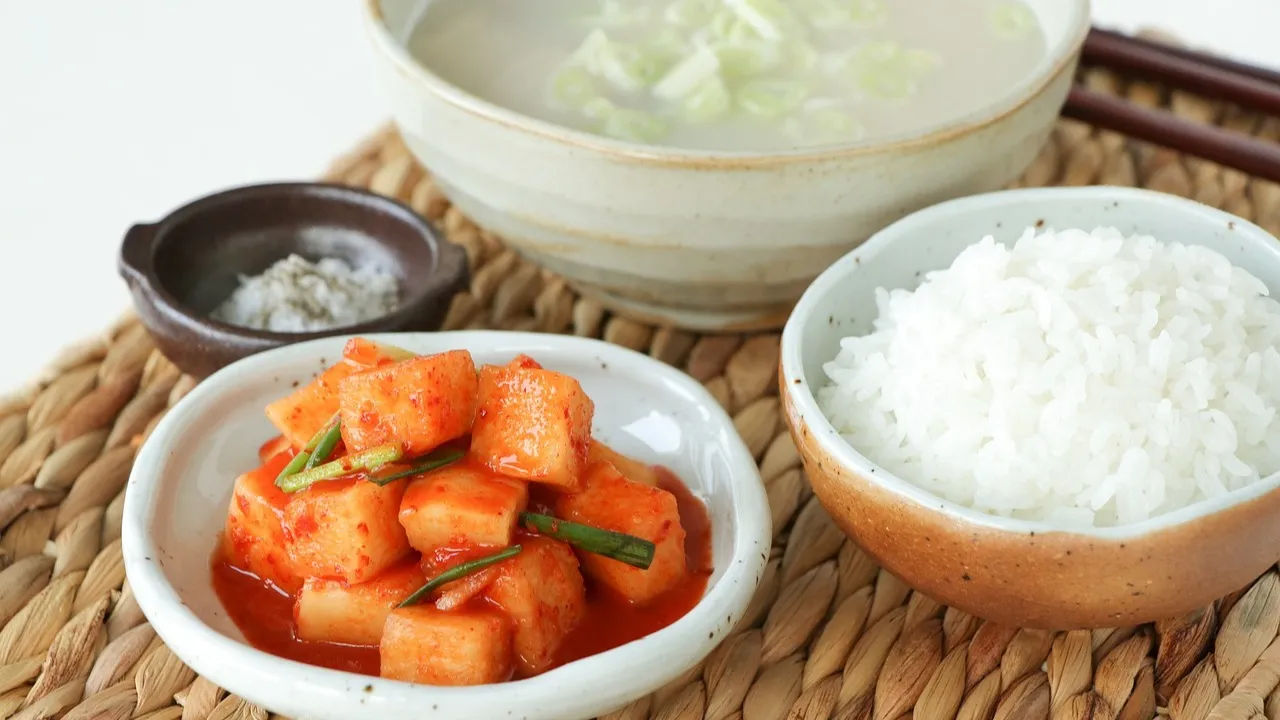Known for its vibrant flavors and health benefits, Korean cuisine offers valuable nutritional information that can enhance any nutrition plan. Adopting certain aspects of the Korean diet can lead to better overall well-being and increased longevity. Here’s how you can incorporate Korean eating habits into your lifestyle.
Emphasize fermented foods
Korean cuisine is characterized by the presence of fermented foods such as kimchi, a staple food that aids digestion and improves gut health. Fermented foods are rich in probiotics, which can boost the immune system and promote a balanced microbiome. Incorporate kimchi, sauerkraut, or miso into your meals to reap these benefits.
Focus on vegetables and greens
Korean meals typically include a variety of vegetable-based side dishes, known as banchan, served in small portions. These dishes, which range from stir-fried spinach to pickled radishes, contribute to a balanced intake of vitamins and minerals. Try to fill half your plate with vegetables at each meal to boost your nutrient intake.
Include whole grains
In Korea, rice is often served with meals, but it is usually whole grain or mixed with other grains such as barley. Whole grains provide more fiber and nutrients than refined grains. Opt for brown rice, quinoa, or barley to improve digestion and maintain stable energy levels.
Practice portion control
Korean food emphasizes modest portions and a variety of dishes, which helps moderate calorie intake. Instead of large meals, focus on eating smaller portions of a wide variety of foods. This approach not only prevents overeating, but also ensures a balanced intake of nutrients.
Enjoy light soups and broths.
Korean cuisine includes numerous light soups and broths, such as doenjang jjigae (soybean paste stew), which are low in calories but very flavorful. Incorporating these soups into your diet can keep you hydrated and satisfied without consuming excess calories.
Disclaimer:
The information contained in this post is for general information purposes only. We make no representations or warranties of any kind, express or implied, about the completeness, accuracy, reliability, suitability or availability with respect to the website or the information, products, services, or related graphics contained on the post for any purpose.
We respect the intellectual property rights of content creators. If you are the owner of any material featured on our website and have concerns about its use, please contact us. We are committed to addressing any copyright issues promptly and will remove any material within 2 days of receiving a request from the rightful owner.

